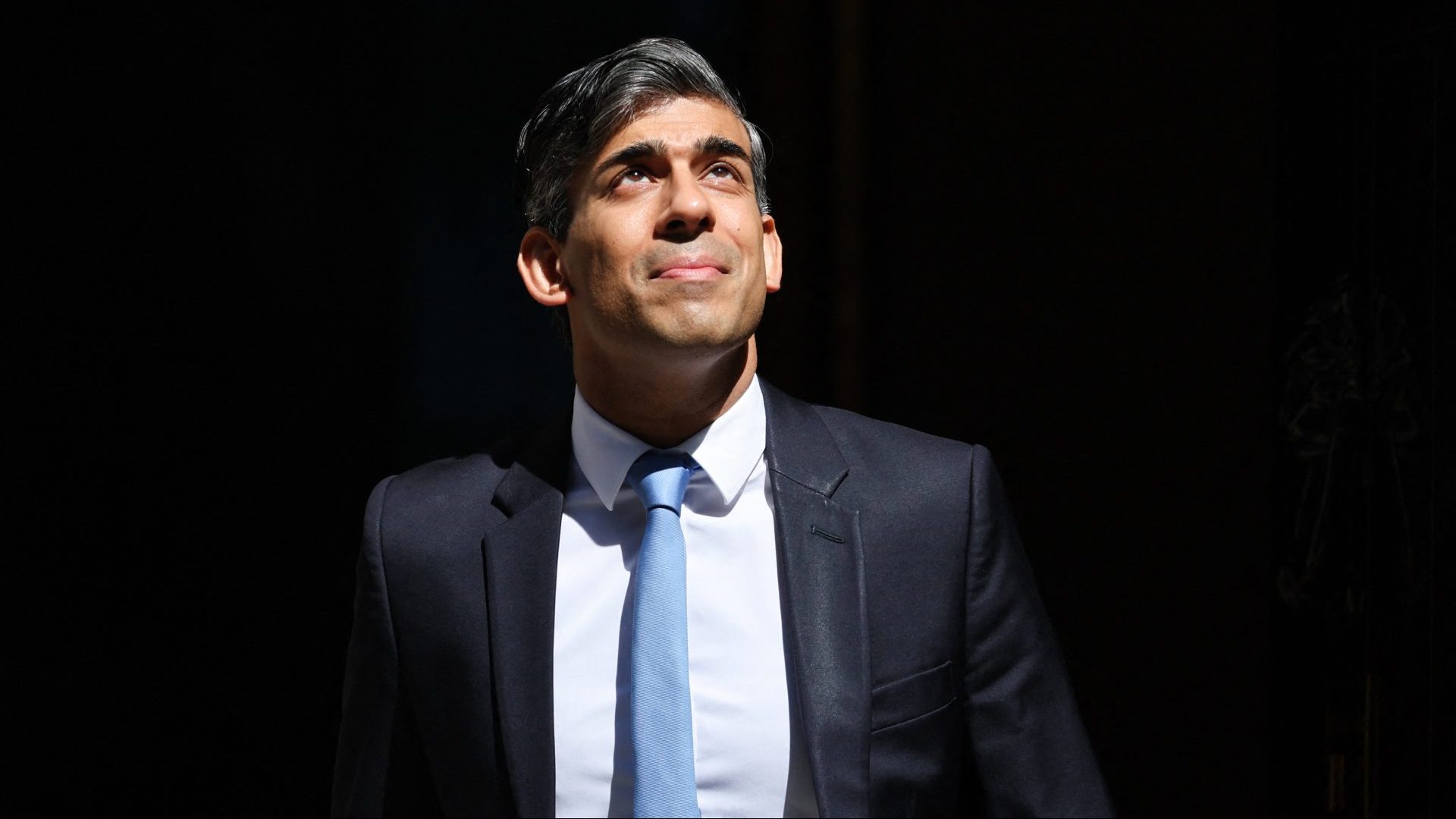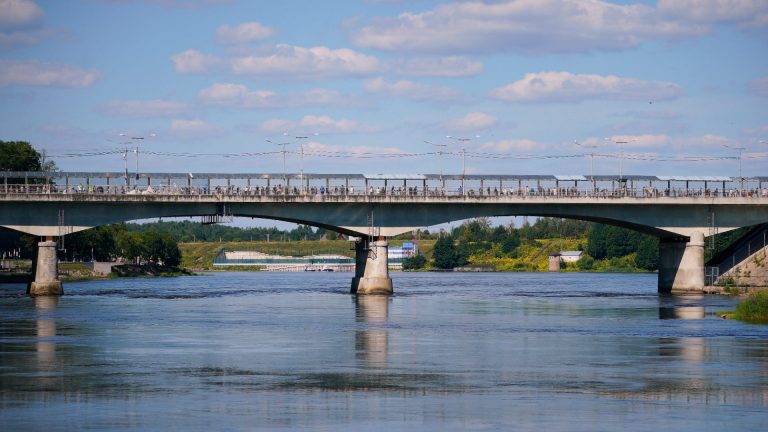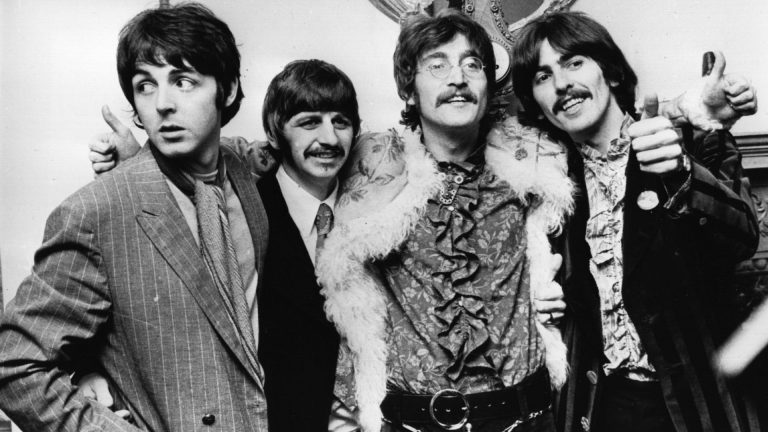On Wednesday morning, the government issued new advice telling citizens to stockpile three days of emergency rations (and 10 litres of water per person per day) against unspecified future disasters.
The official inflation rate figures came in at 2.3%, higher than the Bank of England’s official target and worse than the market expected – meaning the chances of a cut in interest rates next month have fallen.
The Metropolitan Police is openly defying a government order to reduce the number of arrests it conducts, to alleviate pressure on prisons, which are already letting out offenders weeks early because of overcrowding.
Elsewhere, the government has this week u-turned on student visa reforms, the number of applications for visas from overseas healthcare workers – upon whom the NHS relies – is down 76%, and Thursday morning will mark the publication of immigration statistics which few expect to contain good news for the government. There have been no flights to Rwanda under the government’s flagship policy.
And yet, against that dismal backdrop, shortly after 5pm on Wednesday afternoon, Rishi Sunak will stand outside Downing Street and announced a general election will be held on 4 July, the US day of independence. Why? Because this is as good as those around him in Number 10 think the headlines are going to get for the rest of the year.
Another Conservative source suggested that Number 10’s timing was influenced by Reform – whose poll share has fallen back slightly since the local elections. Given the summer to recover, especially if small boat crossings were numerous or Nigel Farage returned to the party, Reform might be a much bigger threat in Autumn than they are right now.
After months of false starts, the general election is finally here – almost. Over the next few days, parliament engages in what is called “wind-up”, in which it finishes passing what legislation it can, and scraps the rest, before dissolution. At this point, the country has no MPs until after the general election is complete, though ministers continue in their roles on a caretaker basis.
The next two weeks: a mad scramble
UK elections happen at a frenetic pace. Where other countries have predictable electoral calendars, or else at least extend the process out over several months, UK law requires a general election to take place 25 days after the dissolution of parliament.
The first week or so of that is largely, then, a scrabble by everyone to get ready – it is one thing to know an election is coming in theory versus suddenly being confronted with the reality of it.
These early few days are perhaps the only advantage the government has in a general election process: otherwise, opposition parties enjoy more attention and coverage than usual, but in theory at least the core of the Conservative campaign should be more ready than others.
The big thing the parties have to do in this phase is get their candidates selected: the deadline for registering nominations as a candidate is 19 working days before the election. That leads to an extremely tight deadline of getting the paperwork in no later than Friday 7 June.
That means that by two weeks on Friday, every MP who decides not to contest the election has to have announced that decision and have been replaced – often by an accelerated process that gives party HQs much more control over the process, at the expense of local members. This is used by both Labour and the Conservatives to parachute in favoured candidates who have not yet been selected – so is one to watch over the next week or two.
This process tends to be an absolute mess: parties are always wrongfooted one way or another, and some last-minute candidates don’t get the thorough vetting that would happen if they were selected earlier. Smaller parties often barely vet candidates at all. Expect a flurry of media briefing and scandal, causing endless headaches for the parties.
As soon as an individual has either announced that they are running for parliament or handed in their nomination papers, they are bound by all of the Electoral Commission rules regarding spending limits and their conduct – scrutiny on their actions amps up well beyond the usual at this stage, even though the UK’s election laws are woefully outdated.
The campaign proper
After the furore of getting the candidates in place dies down, the campaign begins in earnest – all of the major parties will have had teams focused on the manifesto, and the formal process for what goes in each will accelerate so that they can be presented several weeks before the election date.
Some parties have quite formal processes for this – Labour’s has to clear various committees – while others are largely controlled by party HQ (most notably the Tories).
The bigger parties will have prepared “grids” of announcements to be made before the manifesto launches, in different policy areas – with the intention of getting headlines on areas of strength for them, and more days’ coverage for each policy. By the time of the actual manifesto launch, parties will generally have announced much of their contents.
Importantly for broadcasters – who unlike print and online-only media are regulated by Ofcom – the dissolution of parliament also triggers special impartiality rules covering all programming relating to political parties over that period.
The key principle over that period is broadcasters must give “due weight” to each political party (and where applicable independent candidates), based on their past electoral support and polling. Not every single programme has to represent every party, but the balance of coverage must reflect the parties standing and their popularity.
During this period, the rules on politicians acting in presenting roles – which is common on GB News in particular – are much stricter, with candidates for parliament being unable to continue in these jobs during this time.
It is the received wisdom that the polls generally narrow during the election campaign, though this is not a universal rule and is often a slight effect. It is certainly a period of high risk all round, though – far more people pay attention to politics at election time than during the rest of the year, so a badly thought-through policy (like the Dementia Tax) or thoughtless comment (“a bigoted woman”) can cut through far further than at any other time.
From 2015 to 2019, the UK had three general elections in four years. It’s now been almost four and a half years since the last one – the circus is very much coming to your town, wherever you are. By-elections can be avoided, but dodging a general election is much, much harder.










